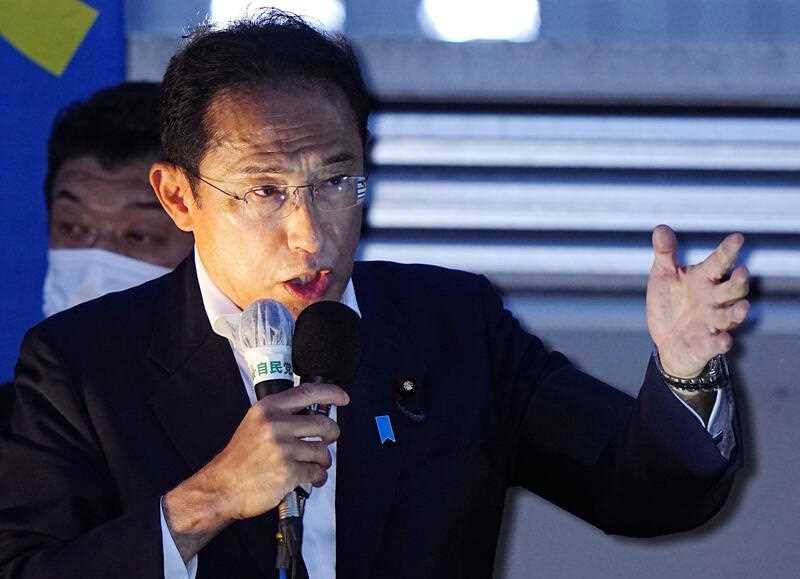Japanese voters have gone to the polls in a parliamentary election that may give the ruling Liberal Democratic Party (LDP) a surge of support after the assassination of former Prime Minister Shinzo Abe, a dominant politician and power broker.
Abe, Japan’s longest-serving modern leader, was gunned down on Friday during a speech in support of a local candidate in the western city of Nara, a killing the political establishment condemned as an attack on democracy itself.
Turnout as of 5pm AEST on Sunday was 23 per cent, the Ministry of Internal Affairs said. Some 15.3 per cent of voters had cast absentee ballots by Friday, according to government data.
Polls close at 9pm AEST when media exit poll results are expected.
Elections for seats in parliament’s less powerful upper house are typically seen as a referendum on the sitting government. Opinion polls before the assassination already pointed to a strong showing for the ruling bloc led by Prime Minister Fumio Kishida, an Abe protege.
As the nation mourns, the LDP and its junior coalition partner Komeito could gain from a potential wave of sympathy votes, political analysts said.
“The ruling LDP-Komeito coalition was already on course for a solid victory,” James Brady of the Teneo consultancy said in a note.
“A wave of sympathy votes now could boost the margin of victory.”
There was an increased police presence for Kishida at a campaign event in a city southwest of Tokyo and a metal detection scanner was installed at the venue, an unusual security measure in Japan.
Nara police said they had seized a motorcycle and a vehicle belonging to the murder suspect, Tetsuya Yamagami.
From the vehicle, police retrieved trays wrapped in aluminium foil that the suspect said he had used for drying gunpowder, and wooden boards with holes that he said he had used for test-firing his homemade weapon, police said.
The unemployed 41-year-old told police he spent months planning the attack, accusing the former prime minister of links to a religious group he blames for his mother’s financial ruin, according to Japanese media.
Nara police told a news conference on Sunday the suspect told them he arrived at a station near the scene more than an hour before the attack and passed time by visiting shopping complexes.
A strong showing at the polls could help Kishida consolidate his rule, giving the former banker from Hiroshima a chance to carry out his goal of boosting military spending. It might allow him to revise Japan’s pacifist constitution, a dream Abe never achieved.
“In the months ahead, the government is certain to seek to strengthen domestic security,” Brady said.
“By undermining the public’s general sense of safety and order, (Abe’s killing) could also add further momentum to those key Abe causes like defence build-up and constitutional revision.”
Most voters favour greater military strength, opinion polls show.
By Elaine Lies and Satoshi Sugiyama in TOKYO/NARA
Get the latest news, sport, entertainment, lifestyle, competitions and more delivered straight to your inbox with the Canberra Daily Daily Newsletter. Sign up here.



